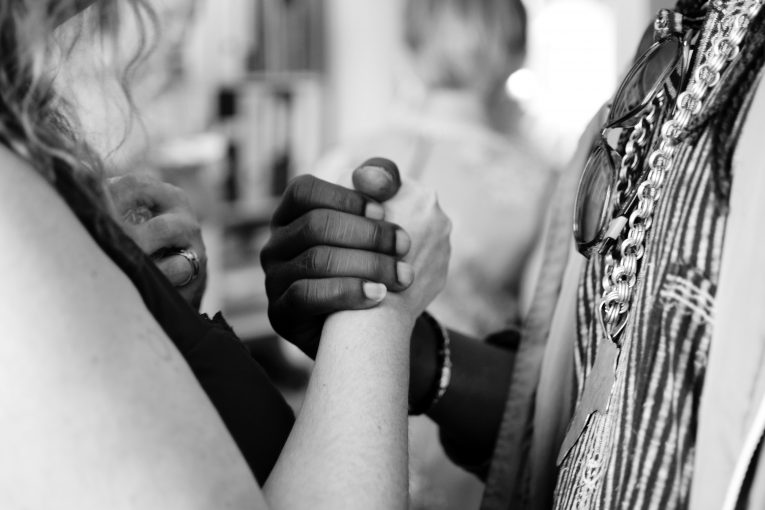
Friday (12/11) Center for Indigenous and Cultural Psychology (CICP) Faculty of Psychology UGM held an international webinar with the topic “Challenges of Living in a Diverse Society”. The topic was presented by three speakers, namely Prof. Dr. Faturochman, M.A., Dr. Muhammad Najib Azca, and Rogelia Pe-Pua, Ph.D. This webinar was attended by more than 200 participants online starting at 13.00 WIB. Before entering the material, this event was opened by Haidar Buldan Thantowi, S.Psi., M.A., Ph.D as the Chair of CICP. “Me and my friends who are present today are very lucky to be able to follow and meet the speakers,” said Buldan.
The first speaker at this event was Prof. Faturochman, M.A who delivered about “Managing Diversity for Unity”. “The variety that Indonesia has is a challenge in itself,” said Fatur. As we all know that Indonesia is a big country that has many cultures, geography, and even food. Therefore, according to Fatur, managing diversity such as arranging and playing music. “Local wisdom and various experiences will be a resource that can be learned to manage harmony and social psychological unity”, explained Fatur.
Furthermore, the second material was delivered by Dr. Muhammad Najib Azca from the Faculty of Social and Political Sciences, Gadjah Mada University. “So, one of my scientific focuses is on conflict, violence, and the peace process. Therefore, this time I will talk about how we can take lessons from our (Indonesian) experience in conflict resolution,” said Najib.
One of the discussions presented by Najib was about A Framework for Conflict Analysis which consists of profiles, actors, causes, and dynamics that occur in a conflict. This analysis is useful for understanding the success of conflict resolution through a comprehensive understanding. In addition, Najib also said that the conflict resolution process involves two important mechanisms, namely mediation and negotiation.
The final session of this event was closed with material delivered by Rogelia Pe-Pua., Ph.D from the School of Social Sciences University of New South Wales. There are three things that Rogelia conveyed, namely acculturation in Australia, acculturation from an indigenous Australian lens, and social cohesion in a multicultural society. “So, before I start the material, I want to ask a poll through a simple question about whether Australia is the most multicultural country in the world? Ask Rogelia and the answer is indeed Australia is the most successful multicultural society in the world.
Rogelia also recommends several things to keep multiculturalism going peacefully. Some of them, promote knowledge awareness, cultural recognition, difference, and diversity. Then create opportunities for frequent positive intercultural contact, overcome racism and discrimination, and involve the media in increasing social cohesion. Including conducting further research on inter-cultural interrelationships, and social media and social cohesion are things that Rogelia recommends so that multiculturalism in an area is maintained.
